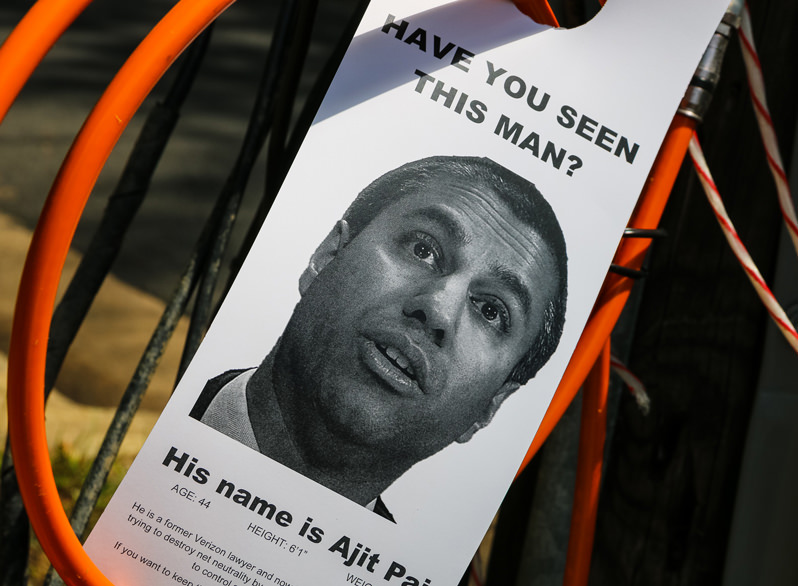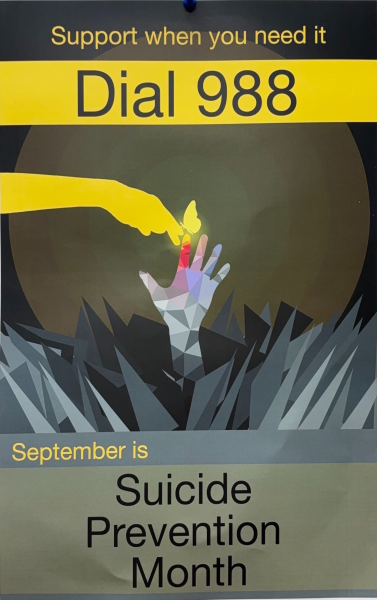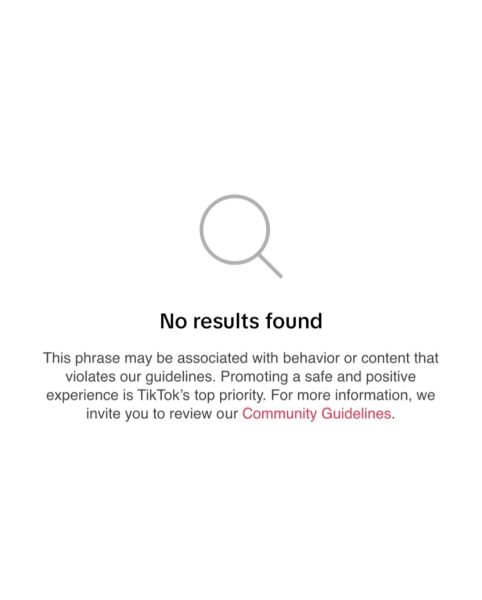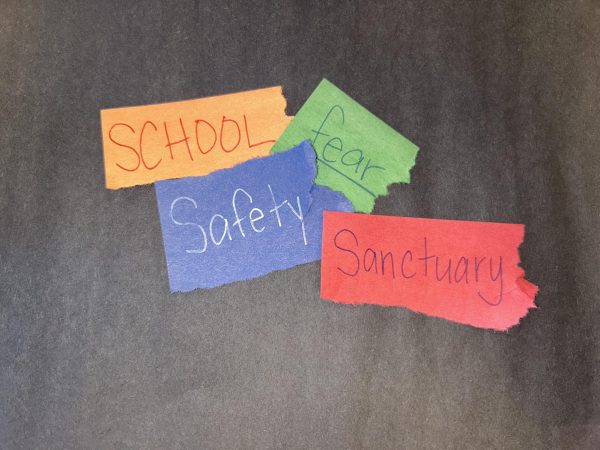The FCC Versus The People
Today, December 14th, 2017 is the day for the Federal Communications Commission to vote on a very pressing matter that affects pretty much all average American citizens. The vote? The vote is whether or not to repeal “Net Neutrality,” an Obama era law that was put in effect to prevent larger cable companies and service providers from billing their customers more to access certain websites. Ajit Pai, an American Attorney, serves as the chairman for the FCC, proposed the idea of repealing the law in early 2017, and has gained traction ever since. Right away, there’s inherent red flags that show his motives for his wanting to repeal the law. Upon some quick research, you can find that Ajit Varadaraj Pai served as associate general counsel for Verizon. He served as their attorney to keep all their departments from legal trouble before he left his position in 2003.
How the fact that he served as an attorney for Verizon may not stick right away, until you realize that in 2017, Verizon has been working alongside Ajit Pai and the FCC to get the vote passed to repeal Net Neutrality. Other providers such as Comcast, Sprint, AT&T, and MetroPCS have all expressed their support for the movement, so that they could bill their customers more. Because the chair of the FCC has prior connections to one of the main providers supporting this repeal, it would not take a rocket scientist to figure out that Verizon, as well as the rest of the providers, have had lobbyists offer Mr. Pai a big payday, should he get the vote passed.
The main problem with repealing Net Neutrality is the way it affects the average citizen. The way it does that is that it gives these provider companies the right to charge extra for access to specific websites. Portugal’s internet is a primary example of how it looks without Net Neutrality laws, and that could be exactly where America is headed, should the law get repealed. On the FCC’s official website, millions of commenters have expressed disapproval in the idea of repealing it, however, in the very same comment section, bots have been supporting the repeal under the names of deceased individuals, and the FCC has yet to shut those down, thus, it appears that they have stopped listening to the people, and have gone rogue in the sense that they show no signs of letting up. There is an out, though. The two other heads of the FCC have the fate of the internet in their hands, and they could swing the vote the way of the people, or cash in on a payday themselves. The future of how we use the internet lies in their hands.






